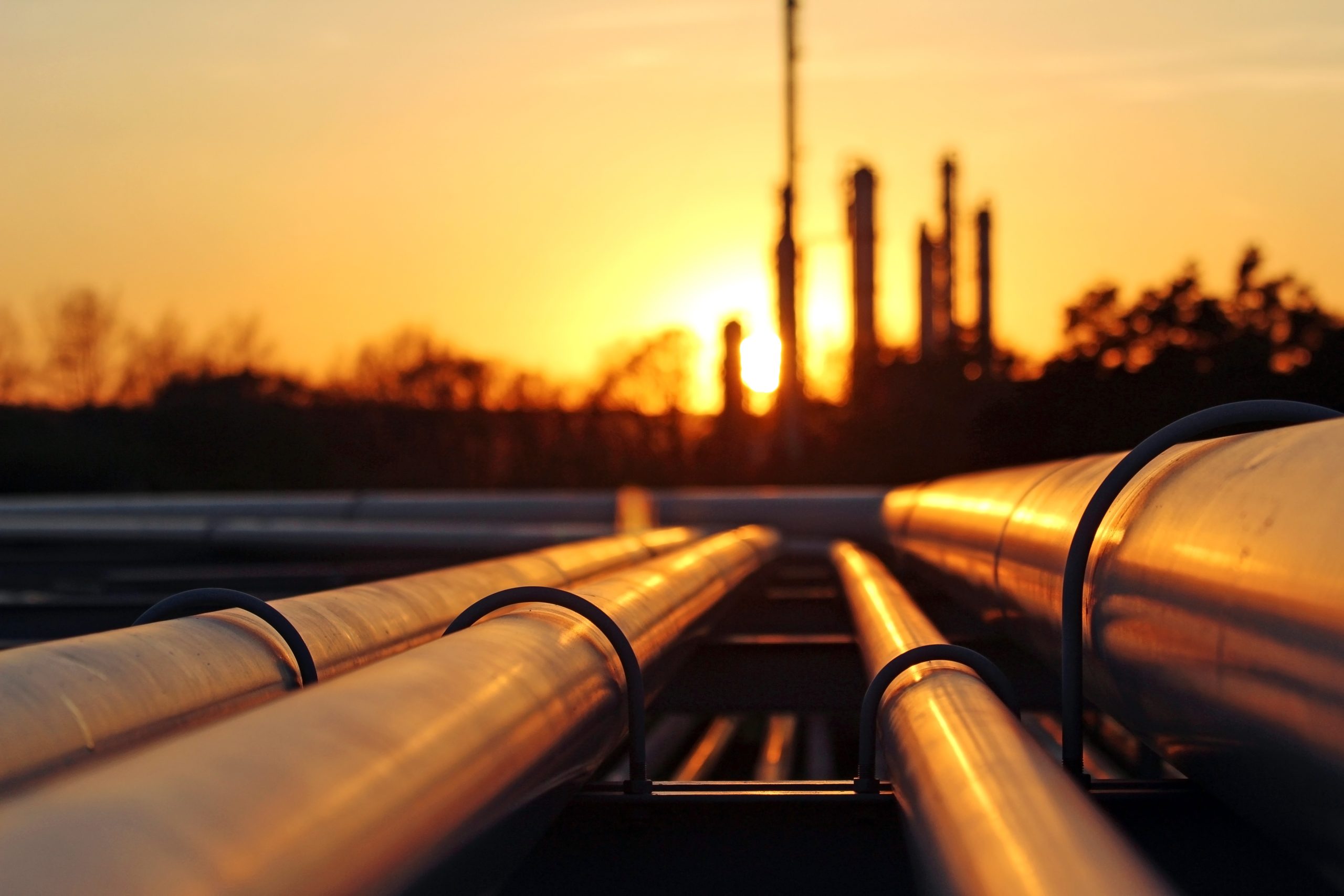Carbon dioxide (CO2) pipelines are essential components of carbon capture and storage systems which are proposed to reduce atmospheric emissions of man-made CO2, which is a greenhouse gas. Approximately 5,000 miles of pipeline already carry CO2 in the U.S., but a much larger pipeline network likely will be needed to meet national goals for greenhouse gas reduction. Two CO2 pipeline projects that were in the works in Illinois have been withdrawn amidst local opposition, though both project applications could be refiled in the near future.
Navigator Heartland Greenway LLC, a Nebraska company, asked permission from the Illinois Commerce Commission (ICC) on October 10 to withdraw its application to build 290-plus miles of pipeline through all or parts of 14 counties in central Illinois. The proposed underground pipeline would cost $3.4 billion and be the longest CO2 pipeline in the world. It would extend for 1,350 miles through South Dakota, Iowa, Nebraska, Minnesota, and Illinois. In the filing, Navigator said it wanted to reassess the route and other aspects of the application. The company also asked for the option to refile at some point in the future.
Navigator’s proposed pipeline would transport liquified and pressurized CO2 from ethanol and fertilizer plants in Iowa, Minnesota, Nebraska, South Dakota, and Galva, Illinois and inject and sequester the material more than a mile underground in the Mount Simon sandstone formation in rural northern Christian and eastern Montgomery counties in Illinois. Navigator filed its first application with the ICC in July 2022, followed by a modified application in February 2023. It has negotiated voluntary pipeline easements from less than 15 percent of landowners along the route, meaning the rest would have to be acquired through eminent domain.
The Navigator project has received widespread resistance from property owners and environmentalists. An ICC case manager recommended denial of the project in testimony filed in June, stating the pipeline, ‘is not a benefit to the citizens of Illinois nor in the public interest.’ Concerns about eminent domain also have landowners on high alert, and officials have expressed issues with the pipeline being located too close to heavily populated areas.
The proposed pipeline is billed by Navigator as a way of reducing climate change-causing CO2 while supporting the Midwest’s ethanol industry. But opponents argue that the pipeline, carrying pressurized and liquified CO2, would pose a risk of injuring or killing people through asphyxiation if there was a rupture and release of low-hanging concentrated CO2 gas. There are also concerns regarding how first responders would be able to access an area that had been compromised, and concerns of leaks underground affecting the atmosphere or groundwater supplies. Pipeline construction would also take away fertile farmland and cause potential damage as well. A coalition to stop CO2 pipelines has been formed and more information on their efforts can be found here.
A second pipeline proposed by Colorado-based Wolf Carbon Solutions filed its application with the ICC in June. They were seeking approval to construct a 260-mile pipeline that would pump carbon from two Archer Daniels Midland Co. plants in Iowa to a sequestration site below ADM’s Decatur facility. In late November, Wolf filed a motion to withdraw its application to address questions and concerns raised by the ICC. The company intends to refile in early 2024.
On October 24, an ICC staff member voiced opposition to the project, citing safety concerns and uncertainty with carbon dioxide supply and storage. In the wake of a pipeline rupture in 2020 in Mississippi that saw over 40 people seeking emergency medical care, federal regulators are updating safety rules and those results are expected in 2024. ICC gas engineer Brett Seagle testified in October that the pipeline should not be approved until new federal safety rules are in place.
Wolf estimated that once fully operational, the pipeline, dubbed the Mount Simon Hub, could transport as much as 12 million metric tons of carbon per year. The Wolf Carbon Solutions pipeline would enter Illinois near the Quad Cities and travel southeast around Peoria on its way to Decatur.
The Inflation Reduction Act passed by Congress in 2022 bolstered the value of tax credits available to companies investing in carbon capture technology. Wolf Carbon Solutions said the pipeline would support over 2,700 jobs during construction and over 340 jobs in Illinois after completion. The pipeline was estimated to generate over $3 billion in regional economic impact over 30 years.
The Illinois General Assembly has explored further regulations of carbon capture technology, but to this point no legislation has moved forward. During the spring 2023 Session, there were two competing proposals floated about before a compromise bill was put together. Lawmakers adjourned before any action was taken.
